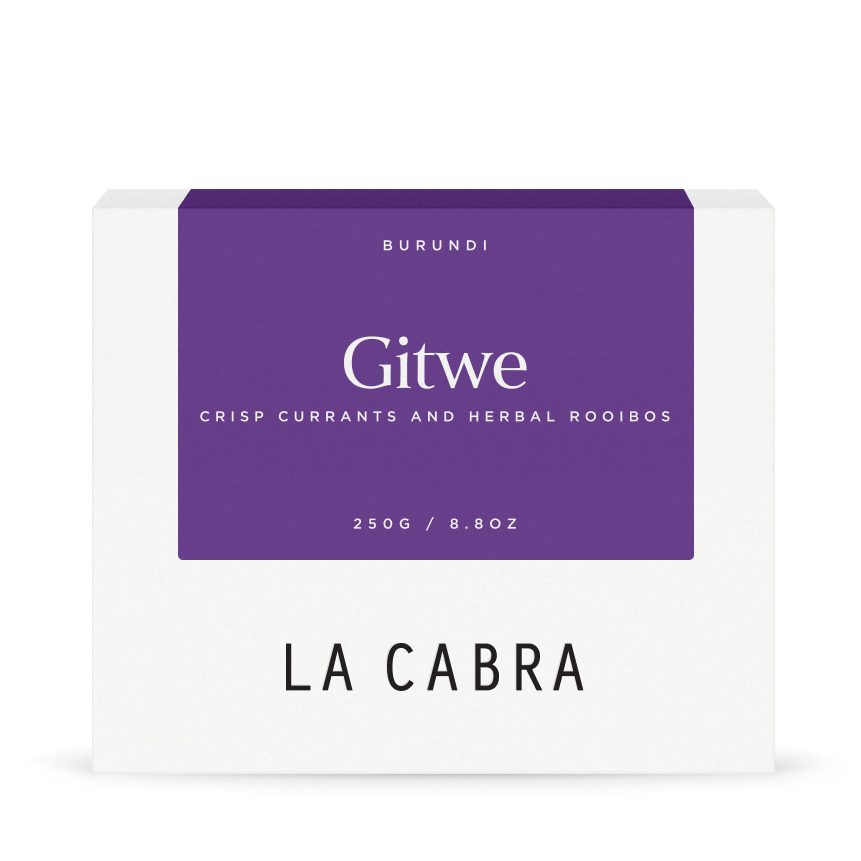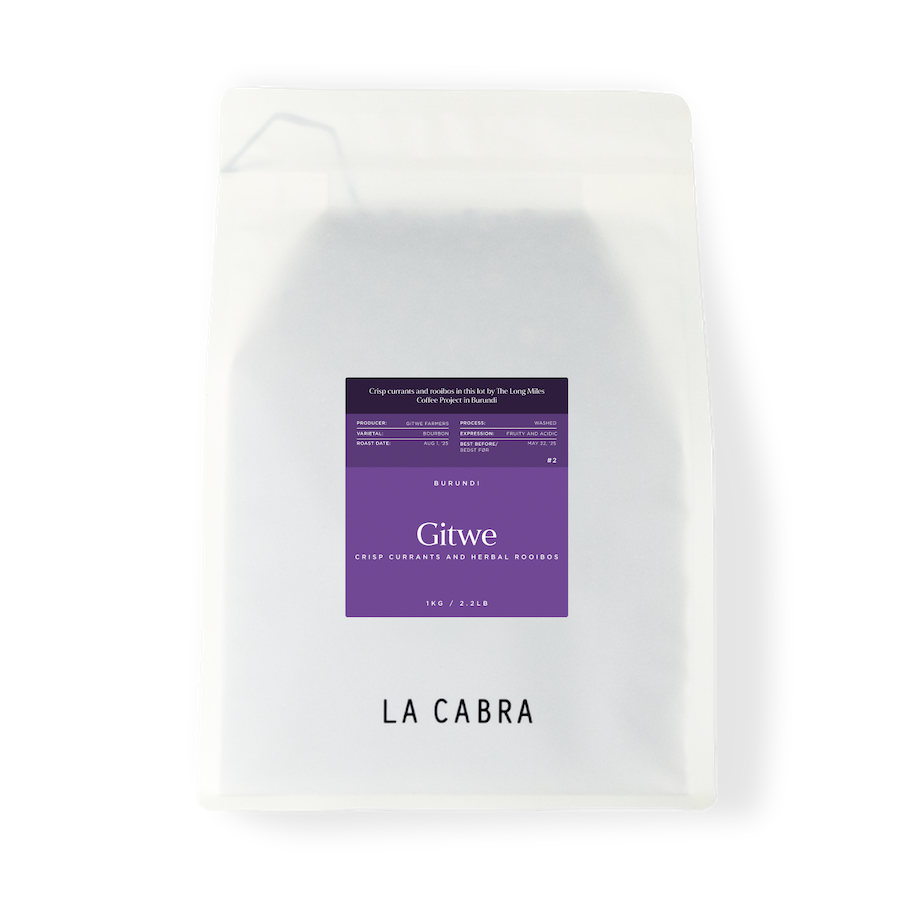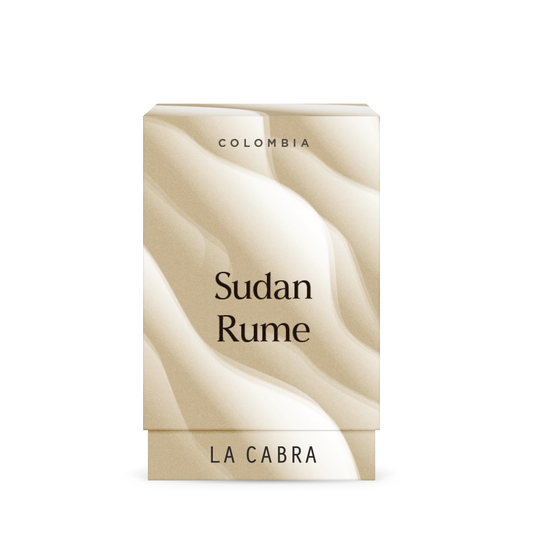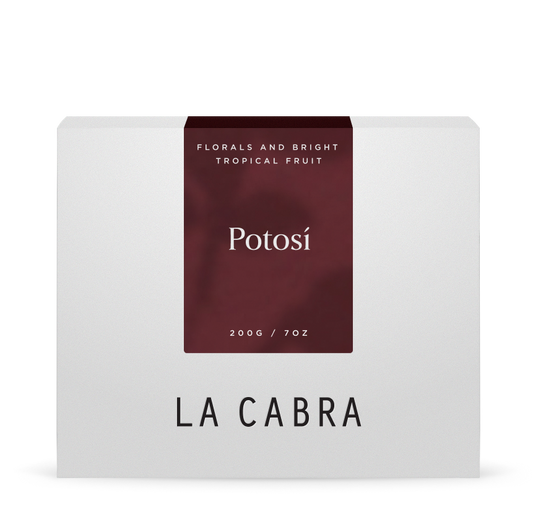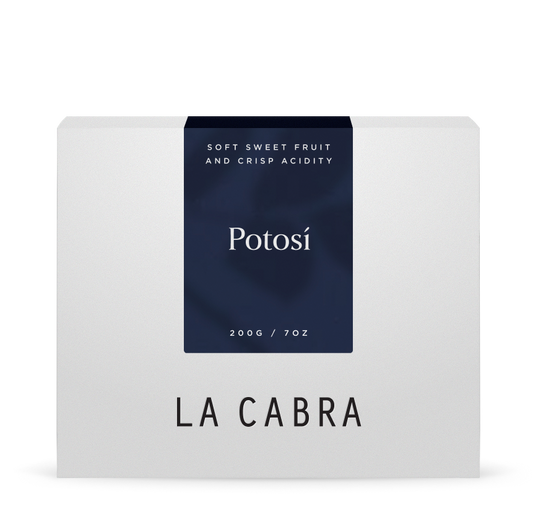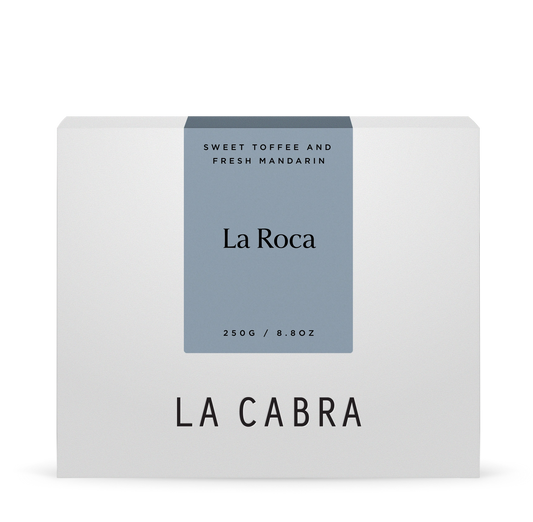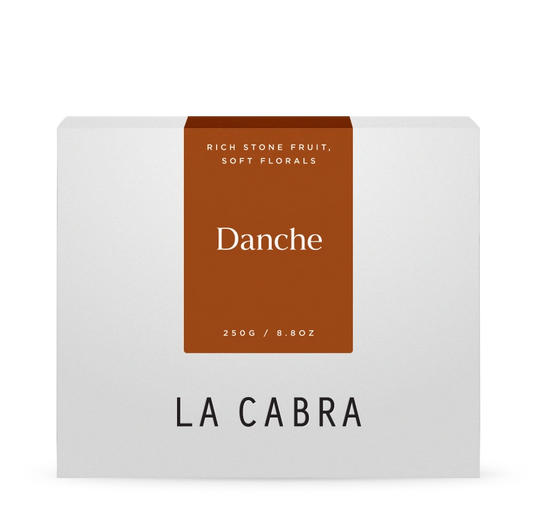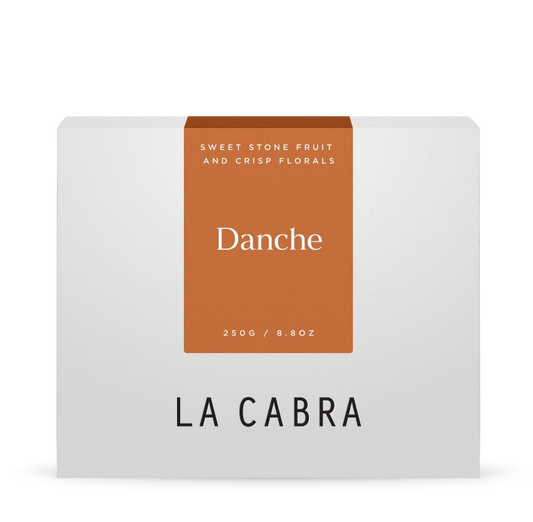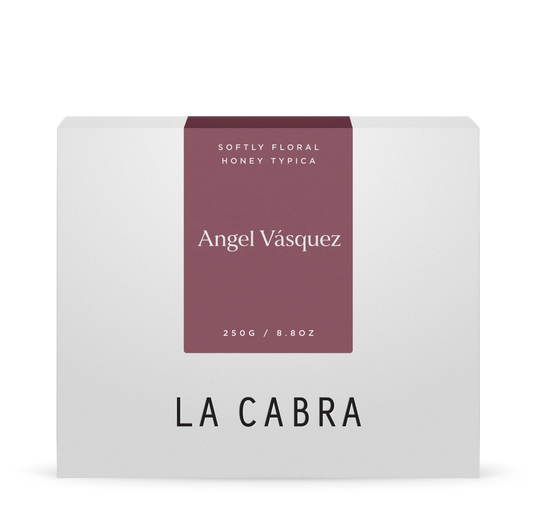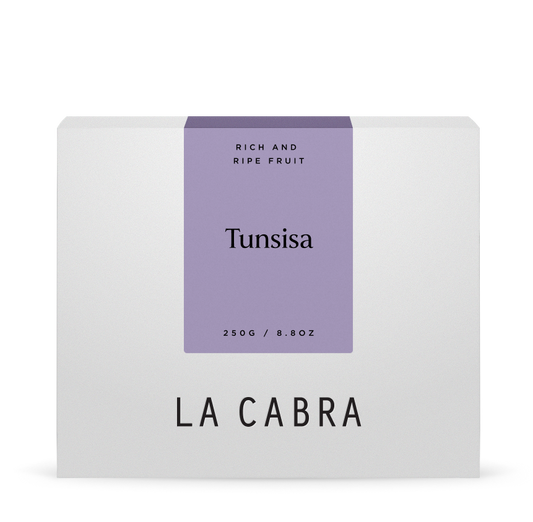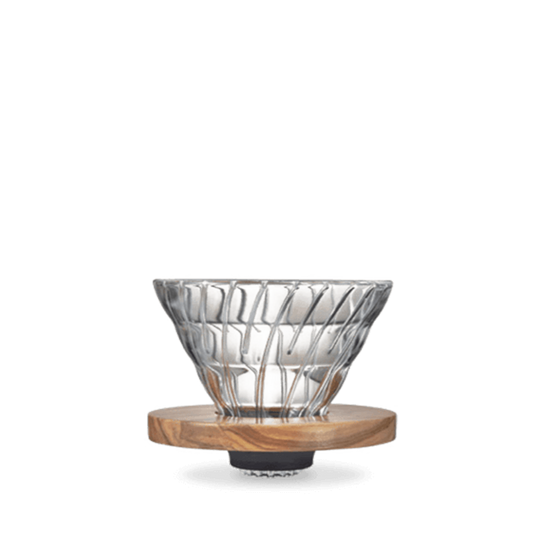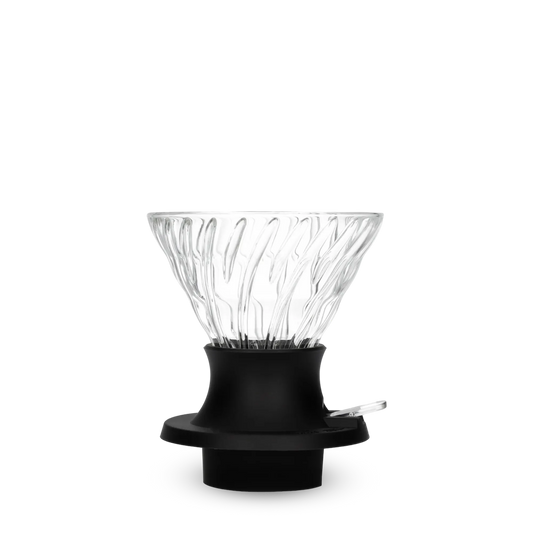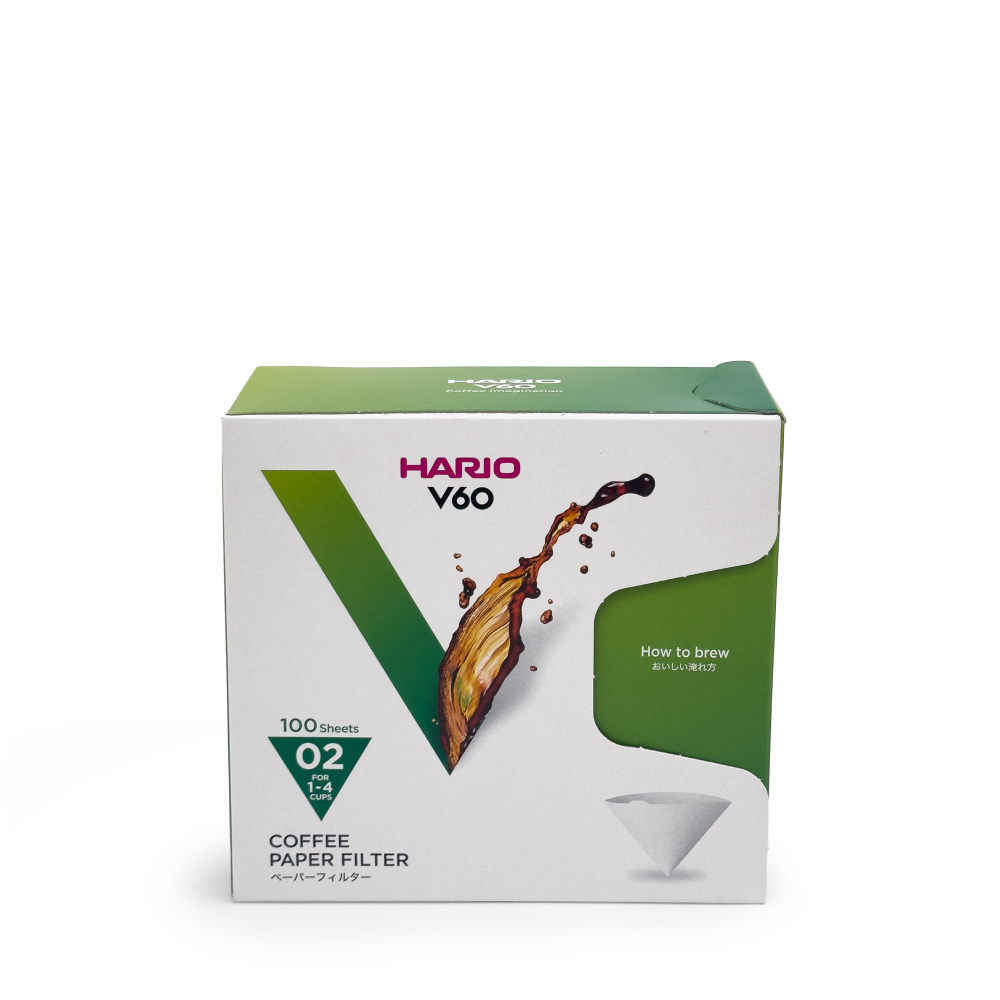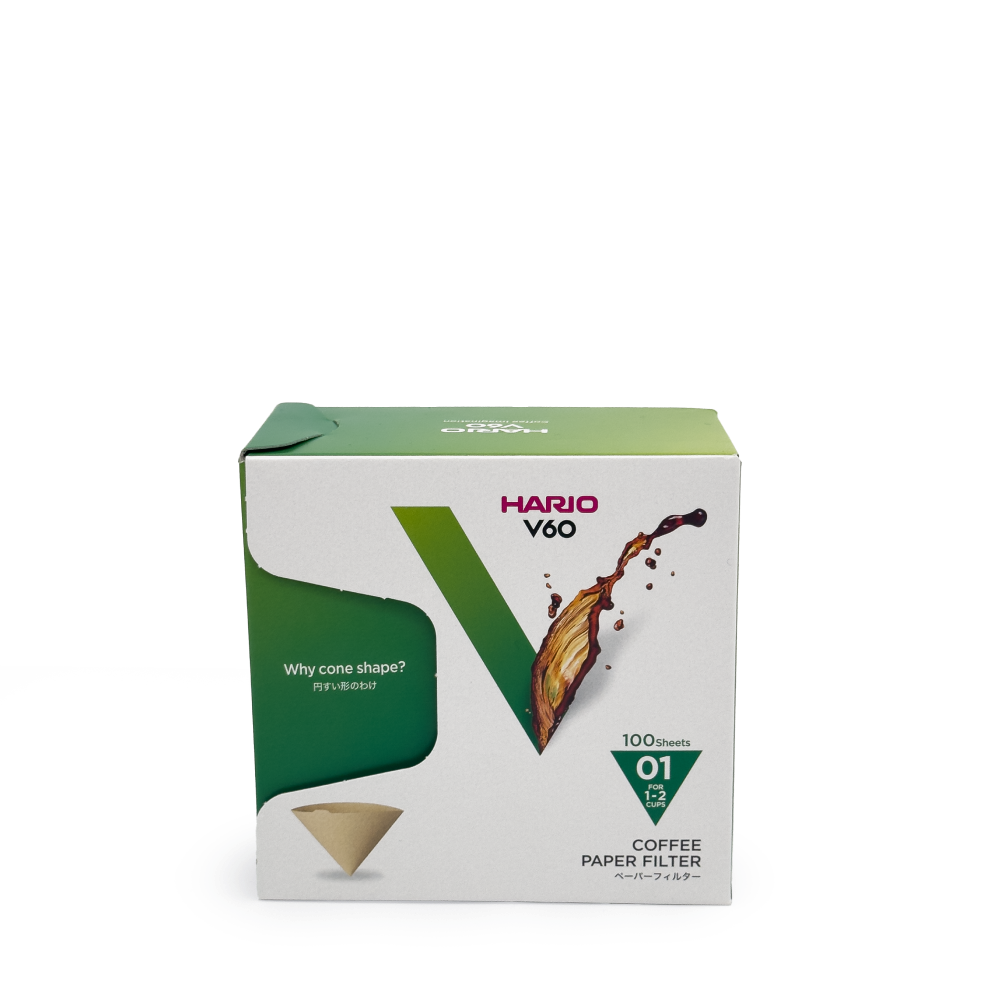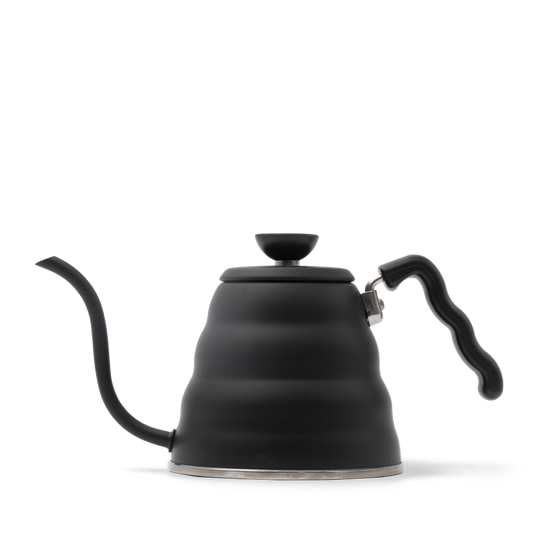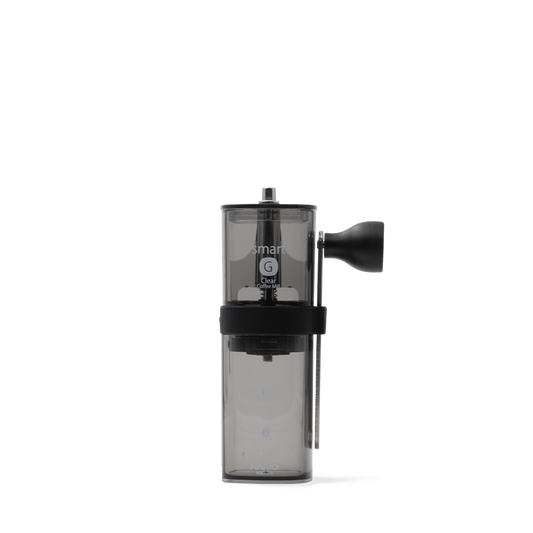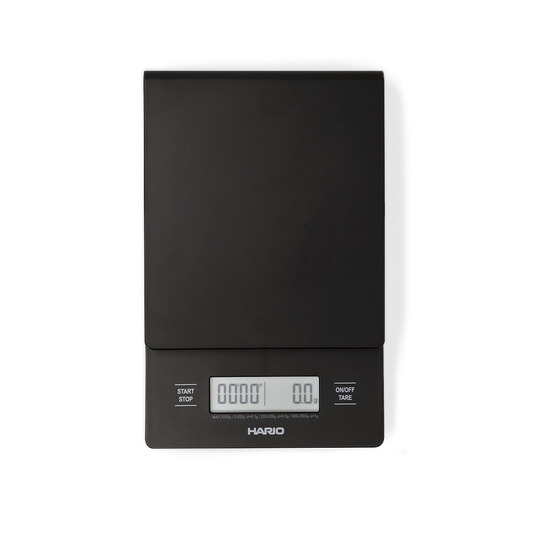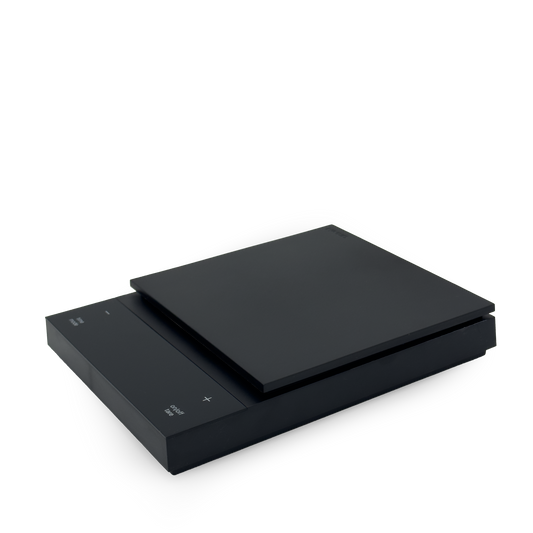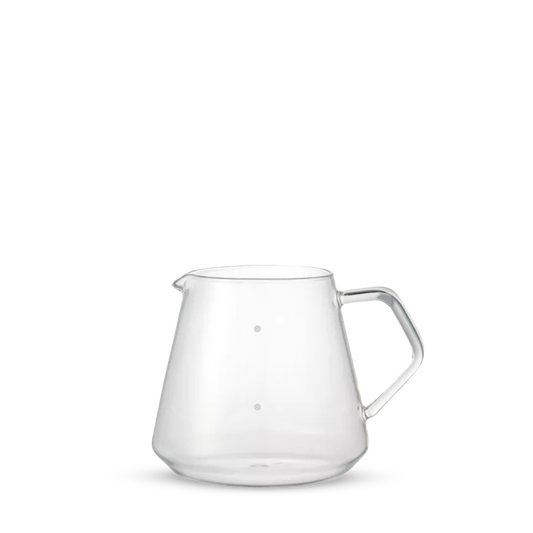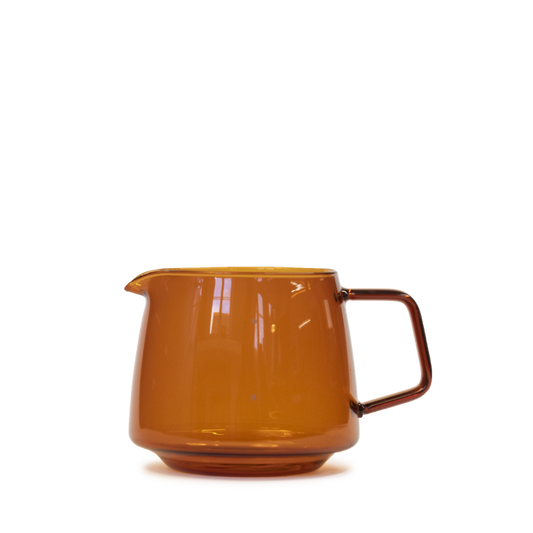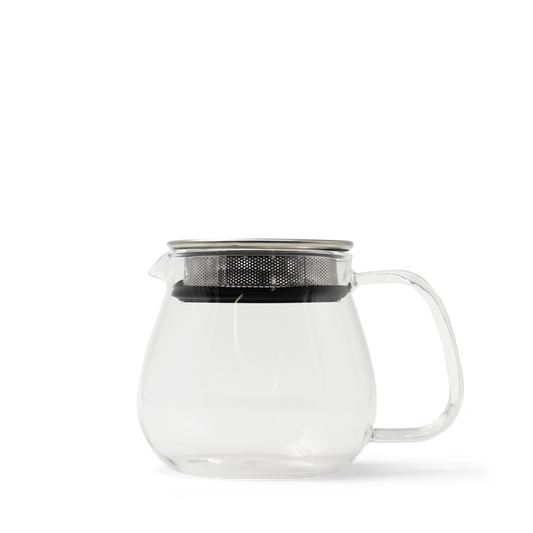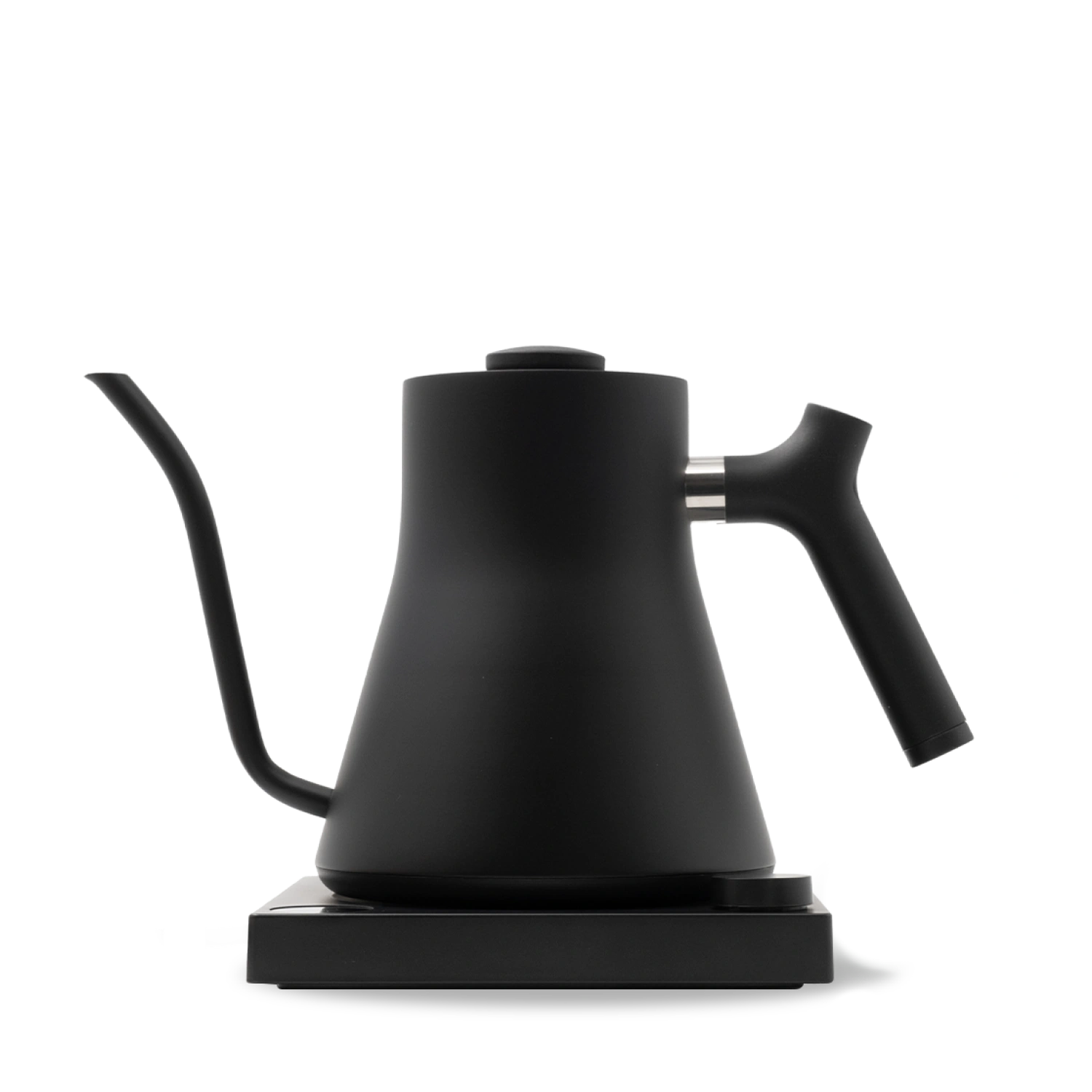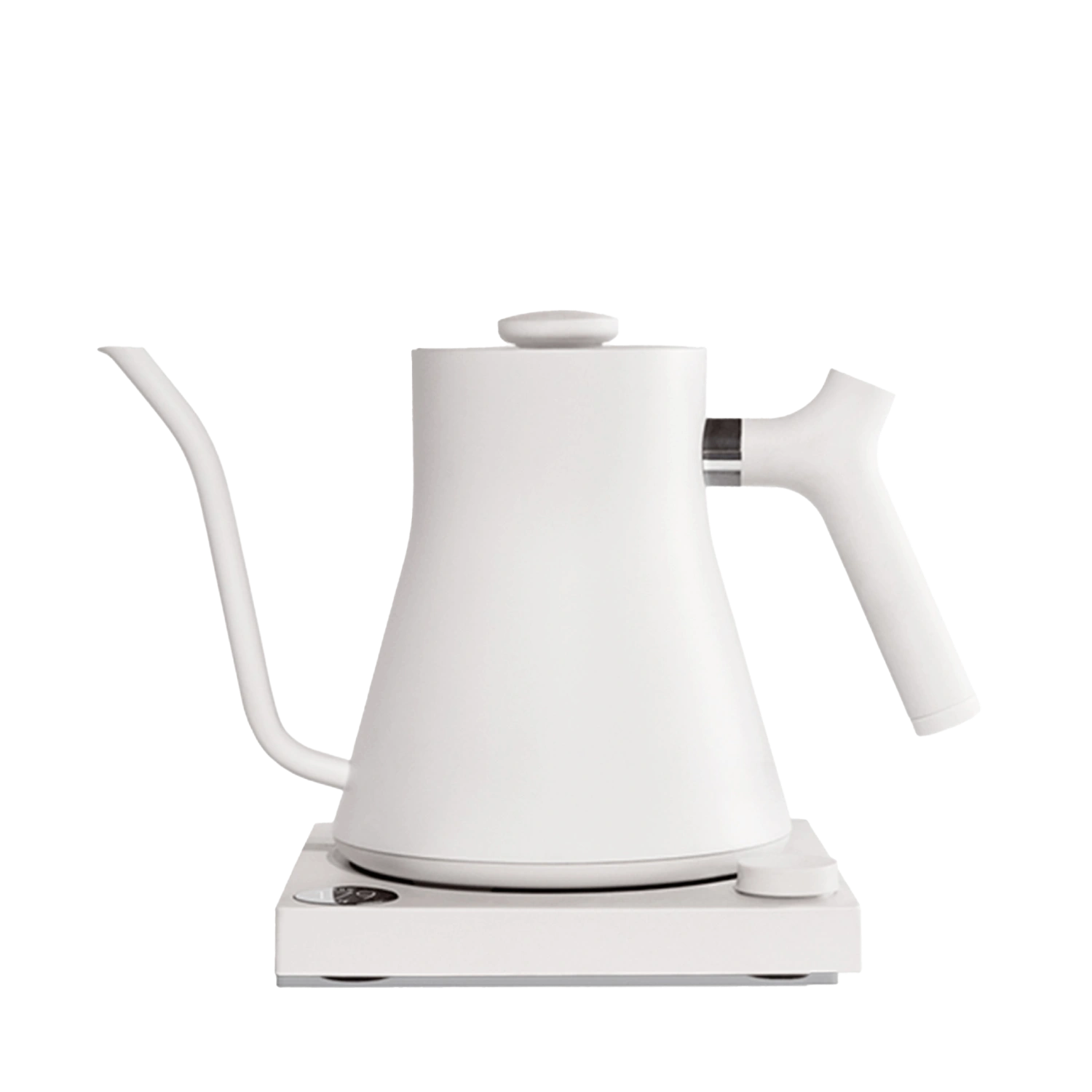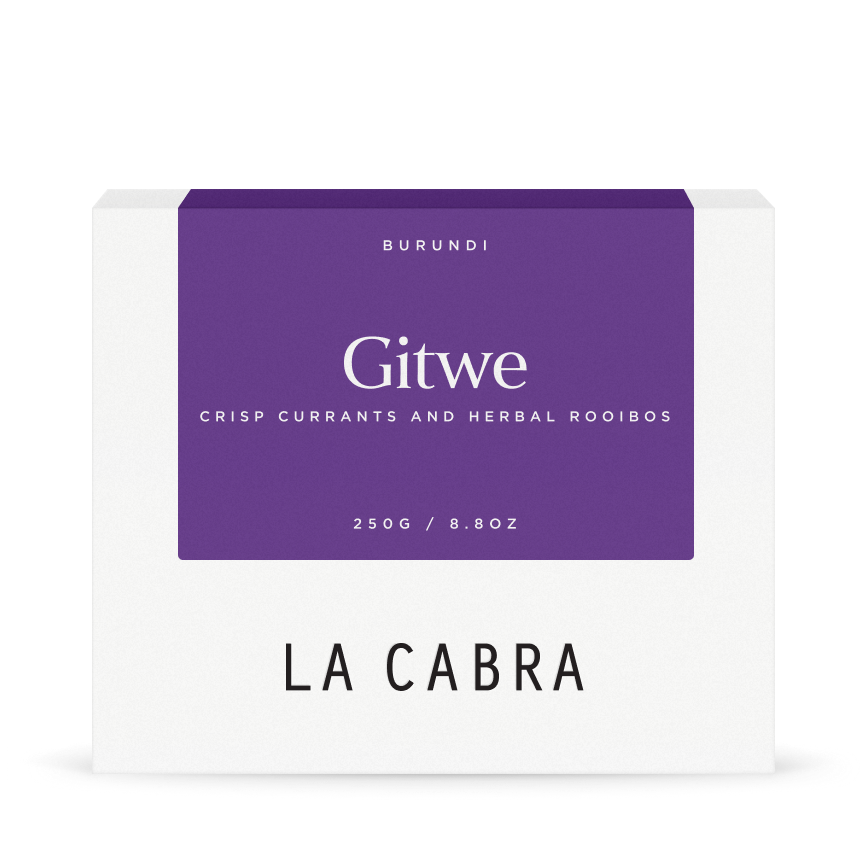
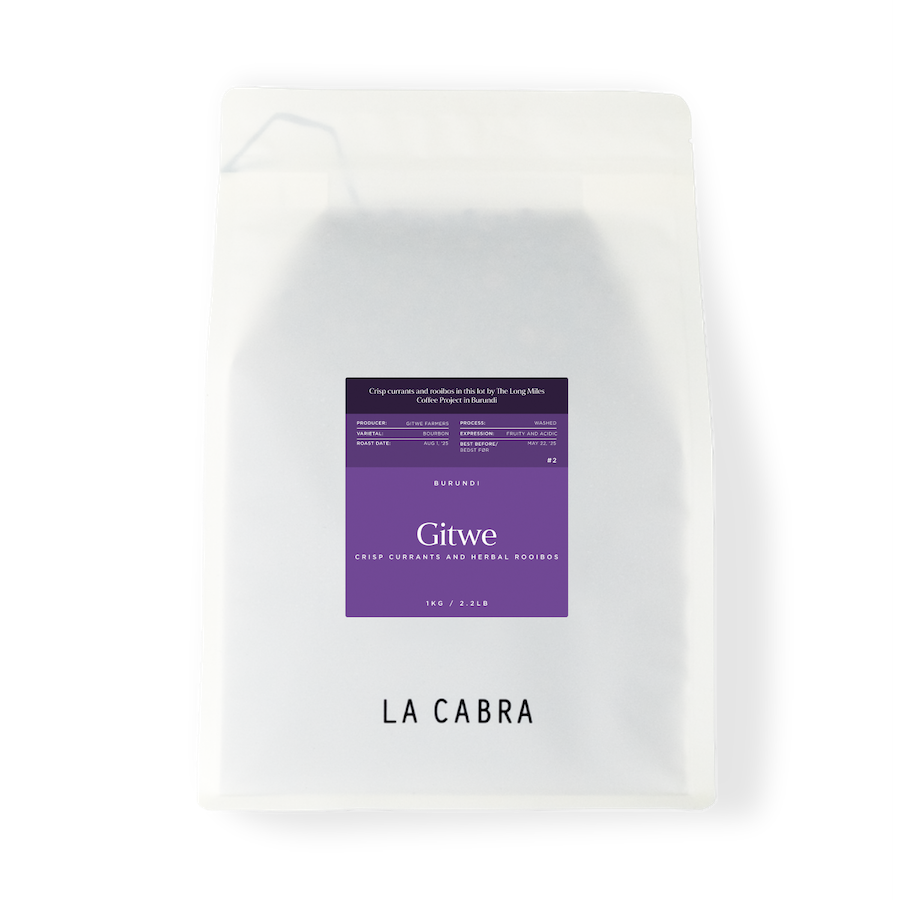

The Long Miles Project, founded by Ben and Kristy Carlson, began work in 2013, aiming to raise the bar of specialty coffees coming out of Burundi.
The project works with more than 5,000 individual coffee farmers living near three central washing stations, Bukeye, opened in 2013, Heza, from 2014 and Ninga, which had its first harvest in 2020. There are several reasons why producing speciality coffee in Burundi is an incredibly difficult task.
There’s the incredibly unstable political situation, where government can change rules on coffee prices and value chain seemingly overnight, the practical challenge of being a small landlocked country attempting to export coffee by sea freight, the constant threat of unrest. But through it all the Carlson family have managed to establish themselves as producers and exporters of consistently delicious coffees, all the while providing some semblance of stability to the lives of smallholder farmers that surround their washing stations in the northern Kayanza Province, near the border with Rwanda.

Continuing on the cyclic nature of Burundi’s coffee harvest, this year has seen another jump in production, volumes are significantly higher than last year, but not quite as large as the bumper harvest of 2022. Quality has remained at an excellent level, thanks to the Long Miles team’s tireless work at each of the stations.
Gitwe Hill
This washed lot is composed of cherry from the Gitwe hill, from which we have purchased several times in the past. Gitwe consistently produces excellent quality coffee, due in part to rich soils and high altitude. In fact, it was this hill that was chosen for Long Miles’ model farm, where they produce their own coffee as an example for agronomic techniques for surrounding farmers. Coffee farmers from the Gitwe hill deliver to Long Miles’ Heza station.

Heza sits at 1960 masl, so harvest normally starts around two weeks later here than at the lower altitude Bukeye station. This high altitude also leads to impressive views over the Kibira rainforest to Rwanda, which have given Heza its name; Heza means ‘beautiful place’ in Kirundi. Heza was built in January 2014, and now serves nearly 2,000 individual farmers. Heza also helps local farmers by supplying trees from a coffee tree nursery with over 15,000 seedlings.

Heza uses a double fermentation process, where the cherries are first de-pulped and fermented without water for around 12 hours, before water is added and the coffee is soaked for a further 12 hours. After this, the coffee is ‘footed’ to wash away the sticky mucilage layer attached to the outside of the coffee seed. This involves the workers stomping on the coffee in the tanks before it is moved to washing channels to be rinsed in clean water. Coffee is then dried slowly on raised beds over 20-30 days, depending on weather conditions.
This careful processing, along with excellent conditions on the Gitwe hill, seems to result in our favourite washed coffees year after year, with crisp and ripe redcurrant jam followed by a clean and herbal rooibos finish.



